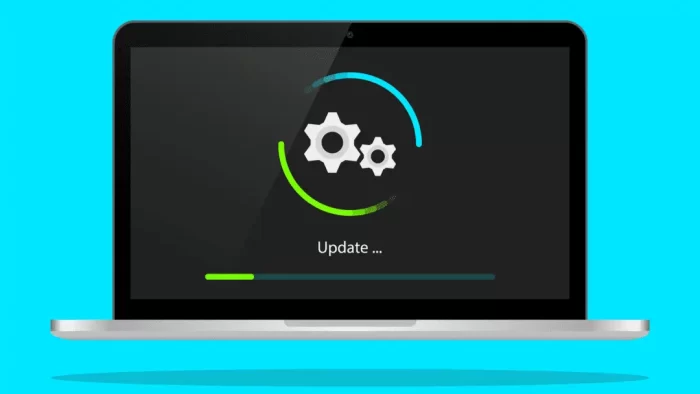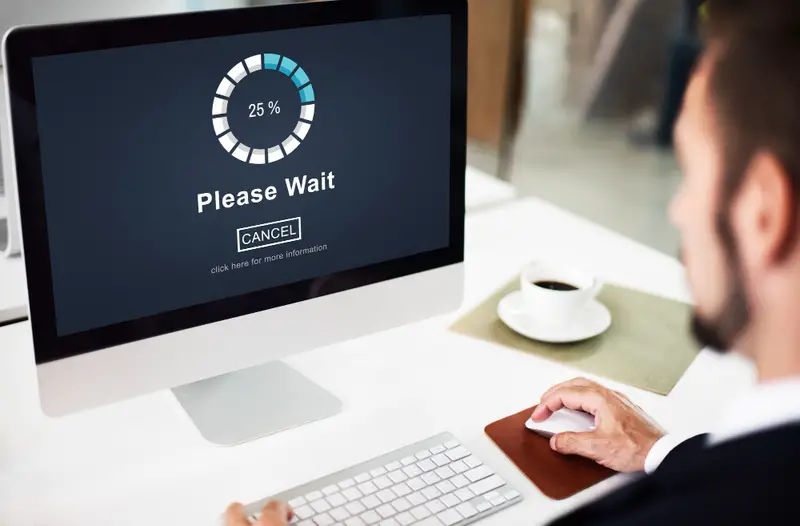WordPress reigns supreme as the Content Management System (CMS) of choice for millions of websites. Its ease of use, flexibility, and vast library of themes and plugins make it an attractive option for beginners and professionals alike. However, like any powerful tool, WordPress requires ongoing maintenance to function optimally and stay secure
This blog post delves into the essential practices for maintaining a robust and secure WordPress website. We’ll explore the “do’s and don’ts” of maintenance, equip you with valuable tips and tricks, and even suggest some imagery to enhance your blog article.
Why is WordPress Maintenance Important?
Imagine your website as a well-oiled machine. Regular maintenance ensures it runs smoothly, delivers exceptional performance, and remains invulnerable to cyber threats. Here’s a breakdown of the key benefits:
- Enhanced Security: Outdated software harbors vulnerabilities that hackers can exploit. Regular updates patch these loopholes, significantly reducing the risk of a website breach.
- Optimal Performance: A well-maintained website loads faster, delivers a seamless user experience, and improves your search engine ranking.
- Peace of Mind: Knowing your website is secure and functioning flawlessly allows you to focus on creating compelling content and growing your audience.

Do’s and Don’ts of WordPress Maintenance Do:
Update Regularly: This applies to the WordPress core, themes, and plugins. Updates often include security patches, performance improvements, and bug fixes.
- Update Regularly: This applies to the WordPress core, themes, and plugins. Updates often include security patches, performance improvements, and bug fixes.
- Secure Your Login: Enforce strong, unique passwords for all users and enable two-factor authentication for an extra layer of security.
- Schedule Backups: Regularly backing up your website’s files and database is crucial for disaster recovery. In case of a security breach or technical malfunction, you can restore your website to a previous working state.
- Monitor Activity: Utilize security plugins that scan for malware, monitor login attempts, and alert you of suspicious activity.
- Optimize Your Database: Over time, your database can accumulate unnecessary data. Regularly optimizing it improves website performance.
- Clean Up Unused Files: Delete inactive themes, plugins, and media files to free up space and enhance website speed.
Don’t:
- Neglect Updates: Procrastinating on updates exposes your website to vulnerabilities. Aim for automatic updates whenever possible.
- Use Weak Passwords: “123456” or “password123” are easy targets for hackers. Enforce strong passwords with a combination of uppercase and lowercase letters, numbers, and symbols.
- Ignore Security Measures: Two-factor authentication might seem like an extra step, but it significantly bolsters your website’s security.
- Forget Backups: Backups are your safety net. Don’t leave your website vulnerable by neglecting them.
- Install Unnecessary Plugins: Every plugin adds weight to your website. Only install plugins that serve a specific purpose and keep them updated.

Tips and Tricks for Effective Maintenance
- Automate Where Possible: Schedule automatic updates for WordPress core, themes, and plugins to streamline maintenance.
- Leverage Security Plugins: Utilize reputable security plugins to automate malware scans, monitor login attempts, and strengthen your website’s defenses.
- Declutter Regularly: Conduct periodic audits to remove unused themes, plugins, and media files.
- Invest in a Quality Hosting Provider: A reliable hosting provider with a strong security infrastructure is vital for website protection.
- Stay Informed: Keep yourself updated on the latest WordPress security threats and best practices.
Conclusion
By following these essential maintenance practices, you can ensure your WordPress website remains secure, delivers optimal performance, and offers a seamless user experience. Remember, a well-maintained website is not just about aesthetics; it’s about safeguarding your online presence and building trust with your audience.
Bonus Tip: Consider creating a WordPress maintenance checklist to keep track of essential tasks and ensure a consistent approach to website upkeep
Categorised in: Wordpress
